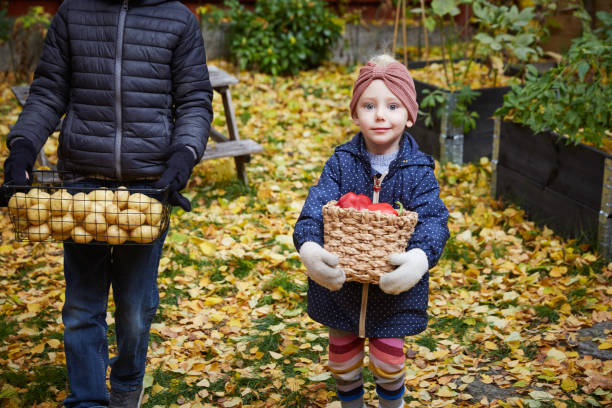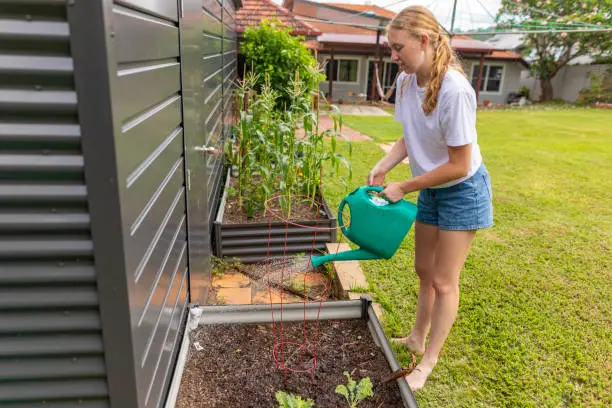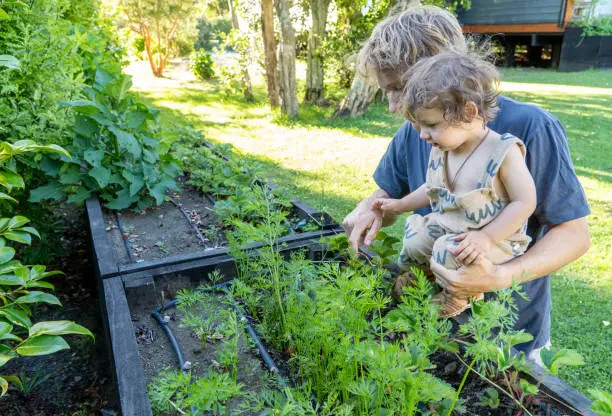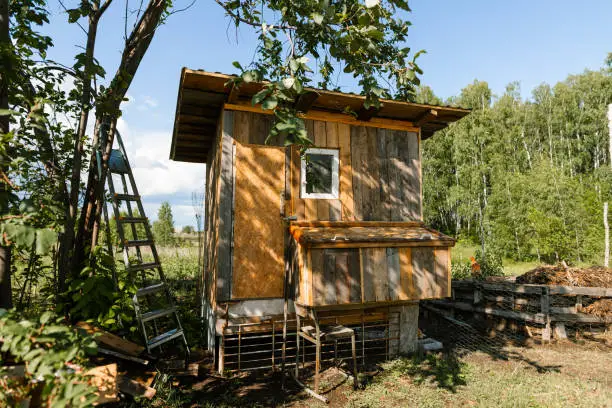Speaking of gardening, herbs can improve homemade soap. Lavender buds smell good, and chamomile soothes skin—a win-win! Dried herbs work best because fresh ones may rot during curing.
Your handmade soap, ready to use or give, arrives early, like Santa Claus! Making soap isn’t rocket science, but it requires attention to detail, like knitting, where every stitch counts to create something beautiful and practical.
If someone admires those bars by your sink, confidently say, “I made that!” Who knew backyard homesteading could be so fragrant?
Ready for another go? If patience isn’t your strong suit, use the cold process instead of the hot process—it speeds things up!
No matter the path, every batch tells a story through scent, texture, and color, reflecting choices made along the way. Learn, grow, and create something uniquely yours each step.
DIY Natural Homesteading Backyard Cleaners
Have you cleaned your backyard with household items? Like finding gems in your pantry. Clean your home without chemicals with these simple, eco-friendly methods.
Vinegar—The Multitasker
Vinegar is the underappreciated natural cleanser champion, similar to that friend who does everything and never asks for recognition. Does your patio furniture have mold? In a spray bottle, mix water and white vinegar equally. After spraying and waiting 15 minutes, scrub with a brush. Voila! Remove mold.
Soak-resistant BBQ grill grates overnight in vinegar and baking soda. Clean them with a wire brush the next day. How easily filth comes off will astound you.
Baking Soda—The Gentle Giant
Baking soda is another powerful cleaner. Do your youngsters adore chalking sidewalks? After fun, a baking soda-water paste will remove those colorful works.
Sprinkle baking soda on a moist towel and rub old garden tools. The towel should be soft enough not to scratch but strong enough to remove dirt and rust.

Lemon Juice—Nature’s Bleach
Lemons not only make lemonade but also bleach! Need to refresh an old wooden picnic table? Cut a lemon in half, salt it, and scrub. Lemon acid and gritty salt lift stains and shine wood.
Who doesn’t have ants around their homestead? Lemon juice can help. Spray pure lemon juice on ant-infested door thresholds and windowsills. They detest the fragrance!
Essential Oils: Aromatic Allies
Essential oils can clean and diffuse. Antifungal tea tree oil is ideal for outdoor showers and pools. Shake ten drops in two cups of water in a spray bottle and spray.
Lavender oil is relaxing and repels insects. Mix 20 drops with two cups of water and spray around sitting areas or patios to repel bugs and provide a pleasant aroma.
Castile Soap—The Multipurpose Cleaner
Castile soap is versatile, like duct tape, but it smells better! Mix one tablespoon of castile soap with one quart of warm water to clean patio furniture or plant pots.
Have bird droppings on your deck? A little castile soap in warm water will clean it without damaging neighboring plants.
Hydrogen Peroxide—The Secret Weapon
Though terrifying, hydrogen peroxide is safe when handled properly. Pour hydrogen peroxide directly on algae-covered stone walks or fountains, let it sit for 30 minutes, and clean with a sharp brush.
For stubborn stains on outdoor cushions or umbrellas, mix equal parts hydrogen peroxide and water in a spray bottle and apply before laundering.
Not Just for Cooking: Cornstarch
In addition to thickening sauces, cornstarch absorbs grease spills on concrete driveways and garage floors. Sprinkle cornstarch generously over fresh grease patches, let it absorb the muck overnight, then sweep it off in the morning.
You can polish cutlery with cornstarch at an outdoor dinner party, but distinguish it from powdered sugar!
Club Soda—Fizzy Fixer-Upper
In addition to cocktails, club soda removes stains well. It works brilliantly to remove bird droppings or sap from overnight-parked automobile windshields using club soda and paper towels.
Club soda and white vinegar (1:1) do an excellent all-purpose cleaning for seating places where food spills, but don’t drink it!
So there you have it—a treasure trove of natural cleansers on your kitchen shelves, ready to be utilized outdoors on your grounds for eco-friendliness and uncomplicated cleaning every day!






Leave a Reply
You must be logged in to post a comment.